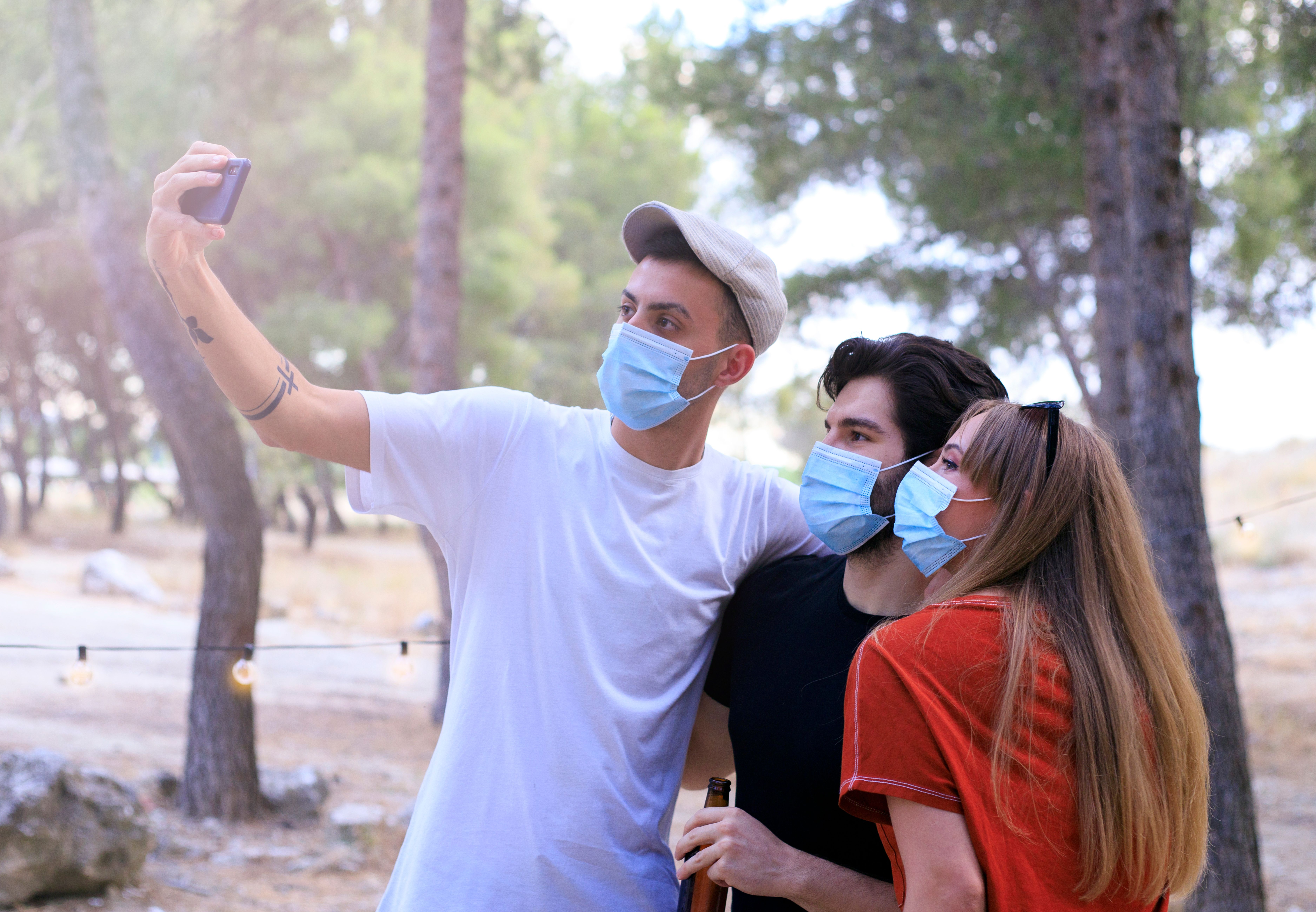Everyone on the writing - and reading - end of anything that starts with 'updated CDC guidelines' is feeling the same thing at this point: an overwhelming sense of relief and, for the first time, a sense of hope for the light at the end of what has been a dark, long tunnel. Recently, the U.S. passed the date that marked one year since this pandemic began, however, it seems that now, the outlook is far more positive than it was 365 days ago. When the world first did all it could to be prepared for a pandemic that swept through every country, everyone's lives were filled with doubt, uncertainty, and fear. Now, there has been a global shift thanks to the advance of vaccines and the number of people signing up for them.
With each person that gets vaccinated, that's one more person who is doing their part to protect both themselves and those they come into contact with. While there's still a chance a vaccinated person can pass on the virus, the chances of another vaccinated person getting severely ill from it are lower thanks to science, and the hard work of many scientists, doctors, and researchers behind each vaccine. The CDC has recently updated its guidelines to include new, good news, which means those who have been vaccinated can now look forward to a somewhat normal life.
Gathering Sizes Have Increased For Those Vaccinated, With Few Restrictions
Studies show us that a person who has been vaccinated is at low risk for the serious symptoms the world has been warned about, which means that indoor gathering guidelines have changed. Now, those who have been vaccinated are permitted to gather indoors with other people who have been vaccinated, as the risk between the two is very low. However, this can only be done if both parties have received full doses of a vaccine. What does this mean? Those who have received either the Pfizer or Moderna vaccines are considered fully vaccinated after they've waited two weeks after receiving the second dose, and those who have received the Johnson & Johnson vaccine are considered fully vaccinated at least two weeks after they received the single-dose vaccine.
When that waiting period has been met, those who have vaccinated can convene together but the lessening of restrictions doesn't end there - vaccinated parties can now be together indoors without wearing masks or engaging in social distancing. So, what about those who haven't been vaccinated, but want to get together with someone who hasn't yet received the vaccine? The CDC has guidelines for that, too: according to the perceived risk level, a vaccinated party can convene with someone who hasn't yet been vaccinated, as long as the person who hasn't been vaccinated is considered to be in a low-risk group. According to NPR, those who have been vaccinated are less likely to be infected at all by the virus and are also possibly less likely to be able to spread the virus themselves. According to the CDC, this is the 'first step' in returning to and maintaining a sense of normalcy in an effort to get back to where we were just prior to one year ago.
There Are Still Restrictions For The Sake Of Others Who Haven't Been Vaccinated
Until an overwhelming majority of the population has been vaccinated, it's not likely that restrictions will be lifted everywhere. There are some states that have already prematurely done away with mask mandates, but the CDC is still recommending certain guidelines for the protection and safety of those who have yet to receive the vaccine. Out in public, everyone should still be wearing a mask, even those who have been vaccinated. When visiting someone who has not yet been vaccinated, everyone should still be adhering to mask-wearing and social-distancing protocols, as there is still a risk associated with this. Additionally, while gathering restrictions have lessened, people are urged to avoid medium and large-sized gatherings, to maintain contact tracing, and avoid community spread.
Lastly, if those who have been vaccinated are experiencing symptoms, they should still get tested - while the vaccines offer protection, it is not 100% effective and the risk, while low, is still there. Anyone - vaccinated or not - who has come into contact with a known case of COVID-19 should self-quarantine and get tested as soon as possible. In terms of travel, the CDC guidelines have not changed; people are urged to avoid traveling internationally or unnecessarily, as not every state is following the same guidelines. Travelers are urged to forgo any travel that is nonessential.



